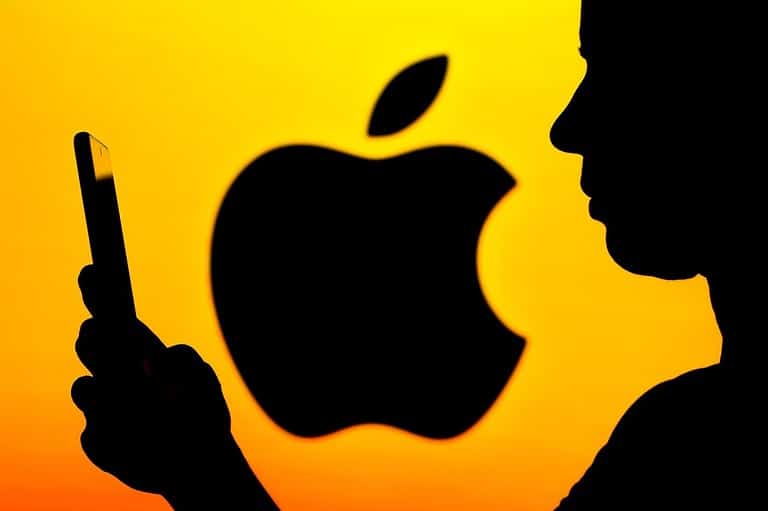Apple faces a fine of about 500 million euros in early March. EU policymakers would like to punish Apple for allegedly anticompetitive behaviour in offering music services.
The antitrust notice was filed by Spotify in 2019, alleging that iPhone users are not getting informed about alternative streaming services for music and podcasts due to Apple’s actions. According to Financial Times sources, the European Commission is set to conclude that Apple is illegally advancing its own Apple Music service.
This is far from the first time Apple has been accused of anti-competitive behaviour, although an EU fine would be a first. For example, it has time and again opposed the introduction of an alternative app store. For security reasons, it also hasn’t allowed sideloading of apps on the iPhone until now. Apple’s stance has generated a great deal of animosity towards the company from the likes of Epic Games and Spotify.
Also read: Apple makes sideloading more dangerous than necessary to favour its App Store
App Store once again a key issue
Apple’s control over the App Store again appears to be the stumbling block for Brussels. Because only verified apps may end up on an iPhone through this store, the company has much control over how software is offered on the platform. In the future, Apple will have to allow alternatives to the App Store as well as other iPhone payment methods. However, it still hopes to make money from these transactions through a so-called “Core Technology Fee.” Spotify CEO Daniel Ek described Apple’s attitude as “a new low.”
Apple is also on the brink of losing much of its agency in other areas due to new regulations. The Digital Markets Act is set to force the company to stop making Safari the default browser. From now on, users will be presented with a screen that also presents Edge, Firefox and Chrome, for example, as possible default browsers. This move is reminiscent of what happened on Windows in 2009 when Microsoft was forced to disallow Internet Explorer as the default browser. In 2014, the tech giant backtracked on this move, at which point Google Chrome had asserted its dominance in the browser landscape.
Also read: Apple succumbs to DMA and makes changes in iOS 17.4
